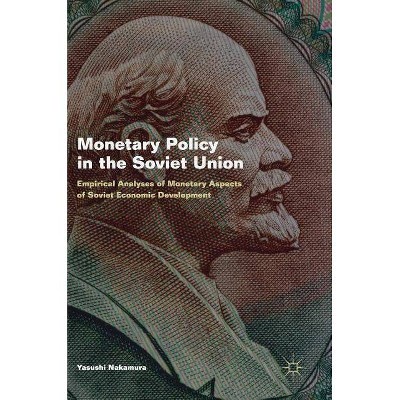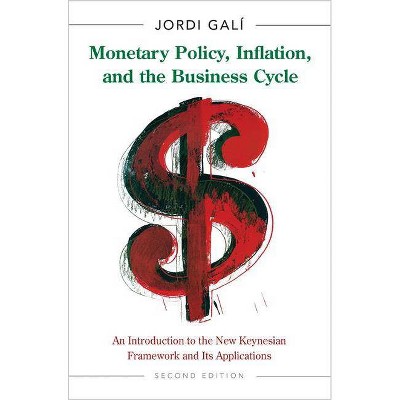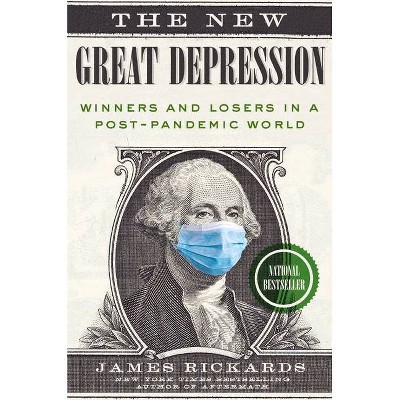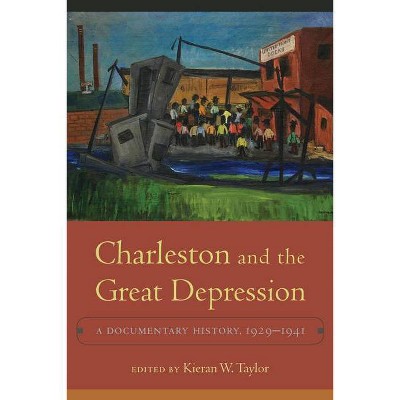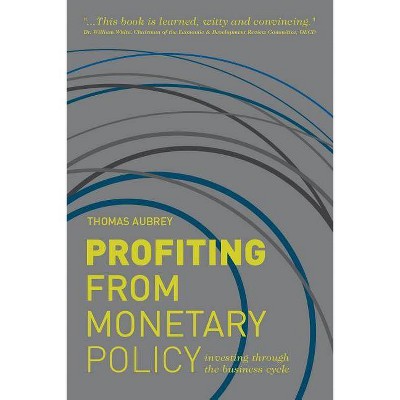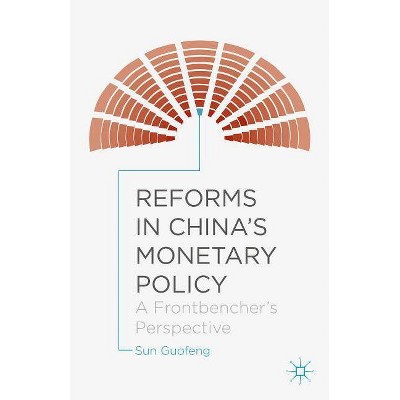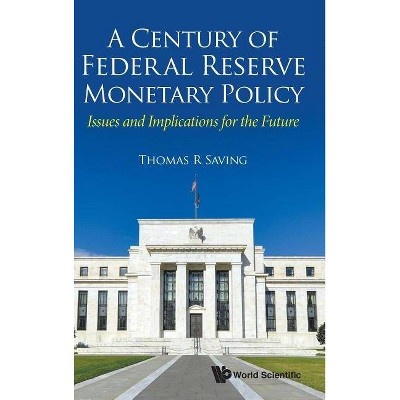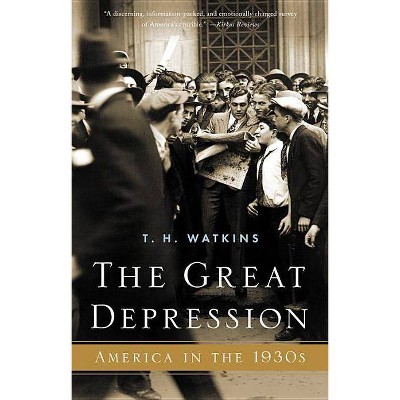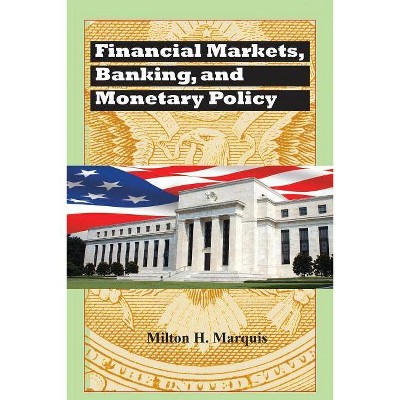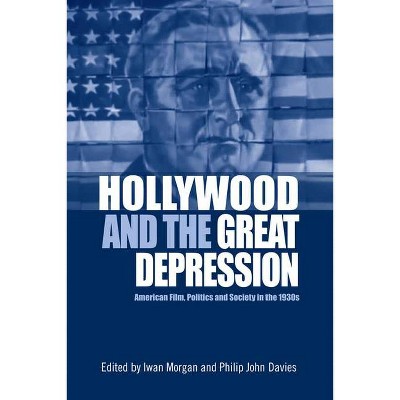Monetary Policy and the Onset of the Great Depression - by M Toma (Hardcover)
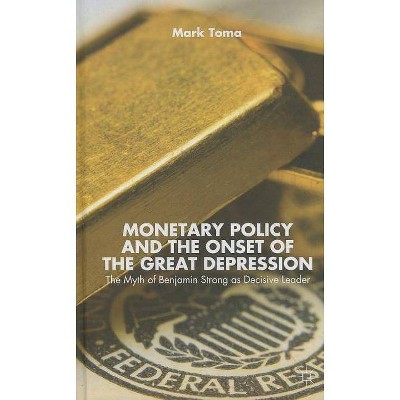
Similar Products
Products of same category from the store
AllProduct info
<p/><br></br><p><b> About the Book </b></p></br></br>"Monetary Policy and the Onset of the Great Depression" challenges Milton Friedman and Anna Schwartz's now-consensus view that the high tide of the Federal Reserve System in the 1920s was due to the leadership skills of Benjamin Strong, head of the Federal Reserve Bank of New York. In this new work, Toma develops a self-regulated model of the Federal Reserve, which stands in contrast to a conventional discretionary model. Given the easy redemption of dollars for gold and the competition among Reserve banks, the self-regulated model implies that the early Fed could control neither the money supply nor the price level. Exploiting an untapped data set, later chapters test the thesis of self-regulation by focusing on the monetary decisions of individual Reserve banks. The micro-based evidence indicates that "Reserve banks really did compete" and that Benjamin Strong as decisive leader during the 1920s is a myth. This finding, with its emphasis on monetary policy in the years leading up to the Great Depression, will be of interest to scholars, students, and sophisticated lay readers with an interest in macroeconomic and monetary economic policy issues, specifically to those with an interest in economic history."<p/><br></br><p><b> Book Synopsis </b></p></br></br>Monetary Policy and the Onset of the Great Depression challenges Milton Friedman and Anna Schwartz's now consensus view that the high tide of the Federal Reserve System in the 1920s was due to the leadership skills of Benjamin Strong, head of the Federal Reserve Bank of New York.<p/><br></br><p><b> Review Quotes </b></p></br></br><br><p>"Toma's new book makes an important and original argument - that the decentralized early Federal Reserve System can be better understood as a quasi-competitive money-issuing system than as a unitary central bank - that forcefully challenges the received monetary history of the 1910s and 1920s. Readers who begin as sceptics, when they grapple with the details of the argument, will find themselves compelled to acknowledge the valuable insights and stubborn facts it brings to light." - Lawrence H. White, Professor of Economics, George Mason University, USA</p> <p>"Toma defends a thesis that is bound to raise other monetary economists' hackles. . . . While many will find such claims hard to swallow, they will also profit, as I have, by pondering Toma's challenge to conventional wisdom." - George Selgin, Professor of Economics, The University of Georgia, USA</p><br><p/><br></br><p><b> About the Author </b></p></br></br><p>Mark Toma is Associate Professor Emeritus of Economics at the University of Kentucky, USA. His research area is monetary history with a special emphasis on the public choice underpinnings of the Federal Reserve System.</p>
Price History
Price Archive shows prices from various stores, lets you see history and find the cheapest. There is no actual sale on the website. For all support, inquiry and suggestion messages communication@pricearchive.us
